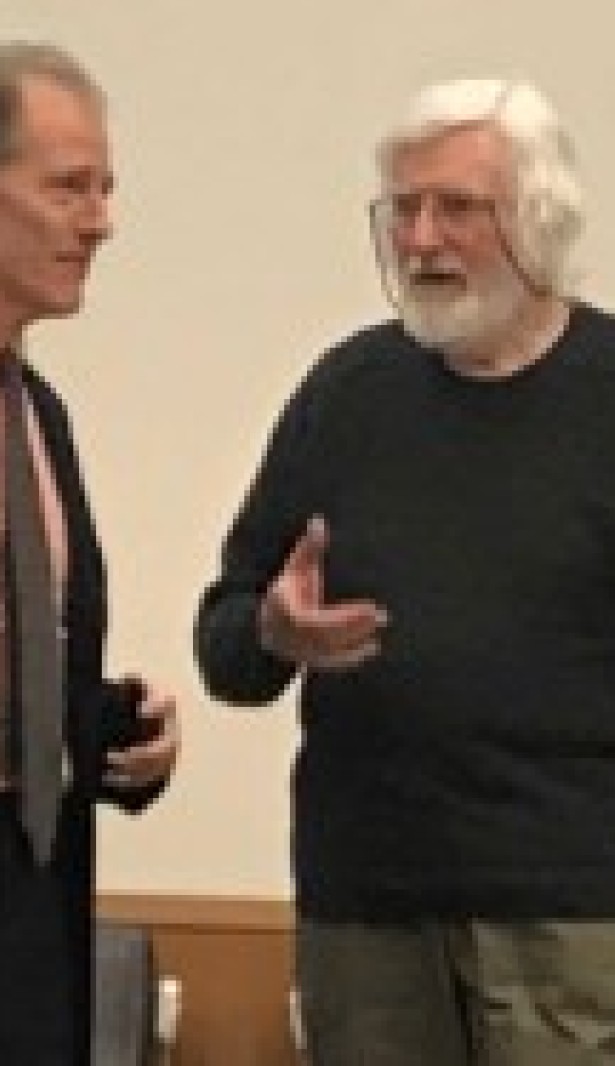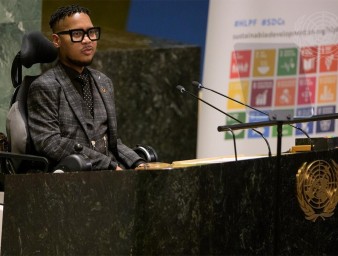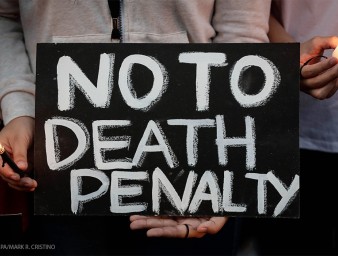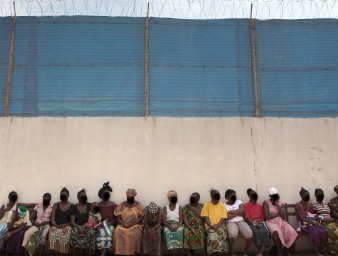Tortured lives after the death penalty
05 February 2019
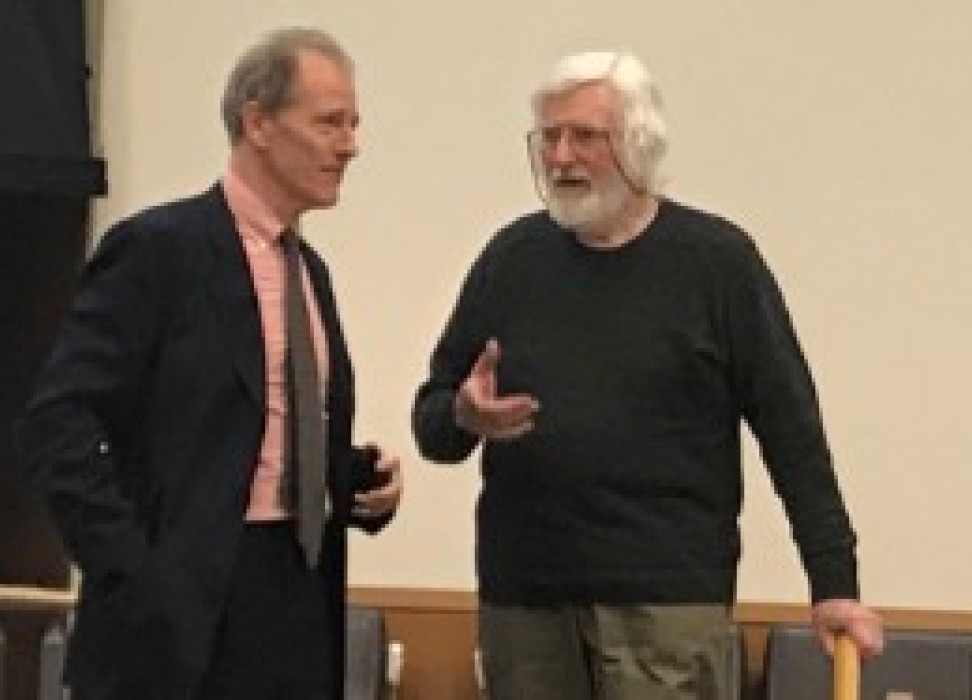
At the screening of the BBC documentary “Fallout” at the UN in New York, exonerated death row victims narrate their struggles to piece together their broken lives without government compensation or support.
When prison authorities in Florida, United States, told Sunny Jacobs that she was free to go after 17 years on death row, she was confused. “I didn’t have any money, I didn’t know anyone, I didn’t know where to go. I thought it was a trick to shoot me and say I was trying to escape,” she narrated recently at the United Nations.
Jacobs and her then husband had been convicted of the murder of two police officers in a road incident in 1976 on the testimony of their acquittance. In 1992, Jacobs was exonerated and released after their acquittance confessed to the murder. By then, her husband had been executed by electric chair in Florida.
Without compensation for wrongful incarceration, support or social connections, Jacobs didn’t know where or how to start a new life.
Filmmaker Mark McLoughlin finds it shocking that the support services provided to convicts who have served their time such as medical, psychosocial and job placement services are not available to those wrongfully imprisoned when they are released.
Rarely do exonerees get compensation. “I have seen exonerees spend more time seeking compensation for wrongful conviction than the time they spent in prison,” said McLoughlin at the screening of his 2017 documentary film “Fallout” at the United Nations.
The BBC film documents the ruined lives, broken family relationships and survival struggles of four high-profile exonerated prisoners: Sunny Jacobs; Paddy Hill of the “Birmingham 6”; Robert Brown who served 25 years in the United Kingdom; and Peter Pringle, the last man sentenced to death in Ireland in 1980, now married to Sunny Jacobs.
With his wife Sunny Jacobs, Pringle is the co-founder of the Sunny Centre Foundation, based at their home in Ireland and at a location in Florida. The centre aims to give exonerees “immediate spiritual, emotional and physical support, with the goal of assisting them to overcome the trauma, isolation, and disconnection resulting from wrongful incarceration.”
They provide exonerees with a safe and understanding environment, listening to their painful experiences and lending them emotional, psychological and material support to enable them to get back on their feet.
“All exonerees should be recognised internationally as victims of torture, entitled to compensation and all the services that are afforded to torture victims,” appealed Jacobs. She added that “families of the people convicted to death are also convicted to suffering, subjected to needless trauma.”
Assistant Secretary-General for Human Rights, Andrew Gilmour, agreed saying: “Too many countries still carry out the horrendous practice of the death penalty, which is so often accompanied by torture. It is unbelievable that anyone wrongfully convicted and condemned to death row would not be seen as a victim of psychological torture,” he said.
There are many people in jail wrongfully. According to Rebecca Brown, policy director at the Innocence Project, more than 360 people have been proven innocent in the United States alone since 1986, when the first DNA exoneration took place. Twenty of these were on death row.
The Innocence Project works to exonerate those wrongfully convicted, supports legal reforms to limit wrongful convictions and campaigns against the death penalty.
Despite evidence to the contrary, countries are reluctant to admit that their judicial systems are fallible, and mistakes happen. As a result, said Rebecca Brown, they have not implemented the most basic reforms to reduce the risk of wrongful convictions such as electronic recording of interrogations, preservation of DNA evidence after conviction, and changes to eyewitness identification procedures.
Peter Pringle said that a good justice system needs three things: “The risk of miscarriage of justice would be reduced if we had equality, accountability and transparency”.
Italy’s Deputy Minister of Foreign Affairs, Emanuela Del Re, said that the universal abolition of capital punishment remains a top priority of the Italian government.
Referring to the moving testaments at this and a related event co-hosted earlier in New York by Italy and the UN Human Rights Office, she said that Italy would continue to work with civil society, the United Nations and other countries to see an end to capital punishment.
“We are going to use our membership of the Human Rights Council, from 2019 to 2021, to push for a global moratorium on the application of the death penalty. It is achievable,” she said.
The film screening and discussion at the United Nations was co-sponsored by the UN Human Rights Office and the Government of Italy.
